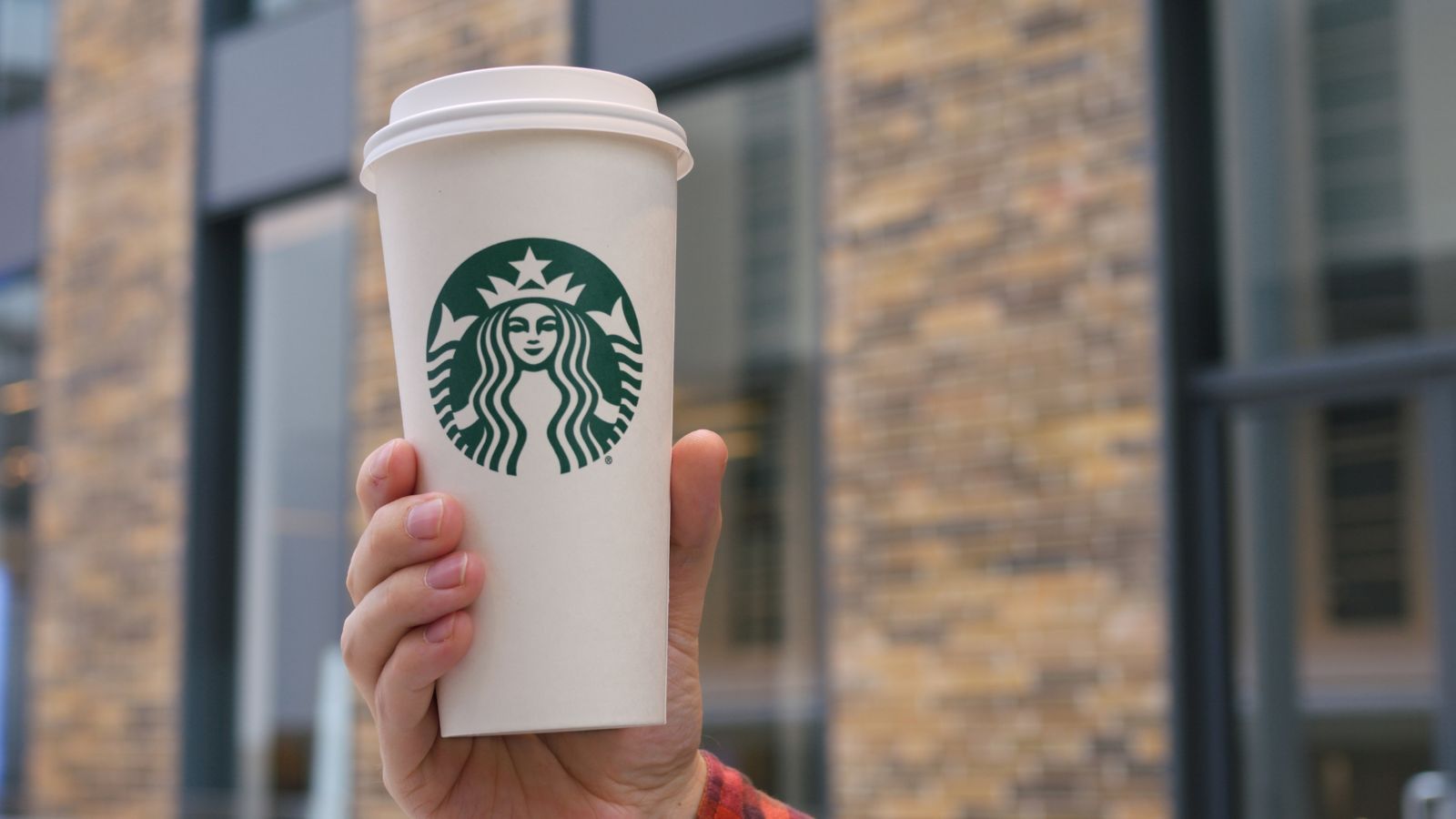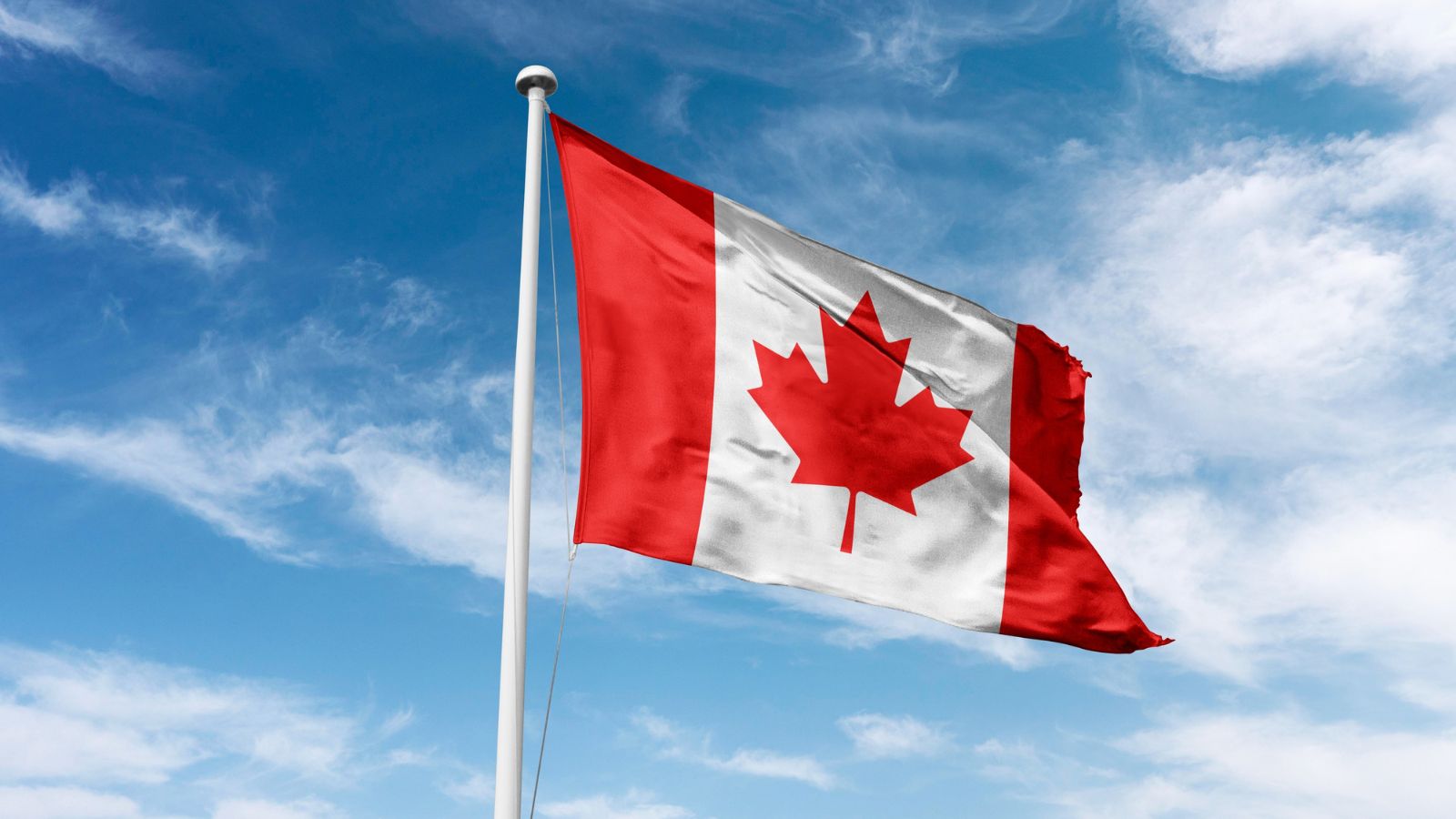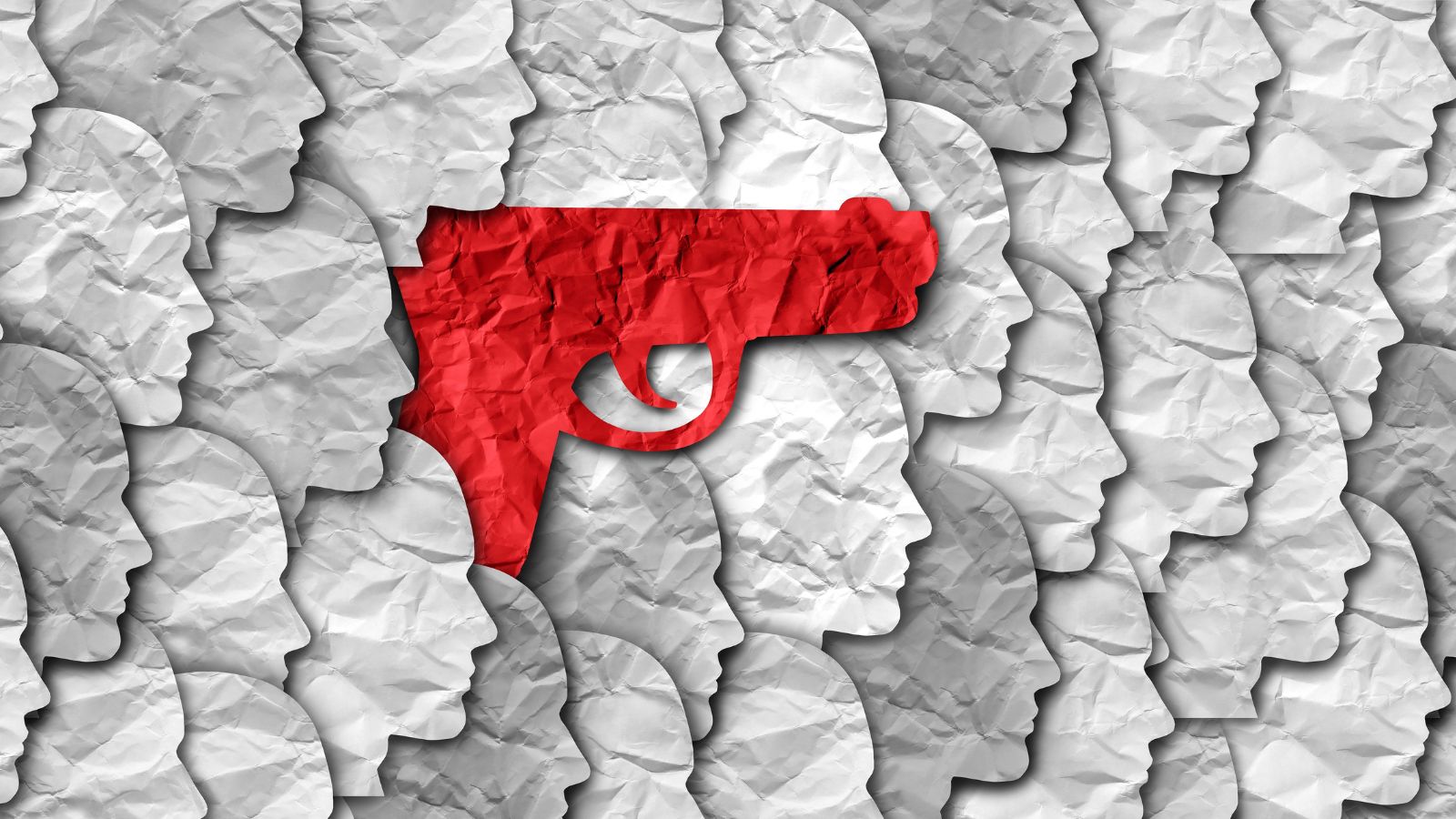Despite sharing a border and many cultural similarities, Americans and Canadians often live by very different habits. While Americans are known for their loud enthusiasm, fast-paced lifestyle, and obsession with convenience, Canadians tend to prefer moderation, privacy, and practicality. From tipping customs to healthcare attitudes, certain American ways simply don’t blend with the Canadian mindset. Here are 20 American habits that Canadians refuse to adopt.
Obsessing Over Tipping

Tipping in the United States can feel like a math test after every meal, with expectations climbing as high as 25%. Canadians, however, prefer consistency. A 15% tip is the norm, not a guilt-driven number that changes with the waiter’s mood or the weather. Many Canadians find the U.S. tipping culture uncomfortable, especially since American servers often depend entirely on tips due to low base wages. In Canada, better labor laws ensure staff earn a fairer wage, so tipping remains a courtesy rather than an obligation. It’s a difference rooted in balance, not extravagance.
Turning Everything Into a Competition

From high school sports to reality TV, Americans often turn casual activities into full-blown contests. Canadians appreciate friendly rivalry but rarely let it dominate their lifestyle. Whether it’s academic achievements or workplace recognition, Canadians prefer collaboration over competition. The culture values collective success, ensuring that ambition doesn’t come at the cost of humility. While Americans often celebrate “winners,” Canadians celebrate fairness. It’s why community leagues in Canada focus on fun participation rather than over-the-top trophy ceremonies. The idea that “second place is the first loser” doesn’t quite resonate north of the border.
Supersized Everything

From fast food portions to coffee cups the size of small buckets, America has a reputation for excess. Canadians, while not strangers to indulgence, generally prefer moderation. Large sodas, triple burgers, or giant SUVs aren’t everyday choices, they’re occasional splurges. Health consciousness and practicality often guide decisions, making the smaller, more sustainable option the norm. Even coffee chains like Tim Hortons keep portions realistic compared to American sizes. This refusal to supersize isn’t just about health; it’s about sustainability and avoiding waste. Canadians would rather enjoy quality over quantity, and still fit their leftovers in the fridge.
Overusing Plastic and Disposable Goods

Many American households still rely heavily on disposable plates, plastic utensils, and single-use packaging for convenience. Canadians, on the other hand, have increasingly prioritized environmental responsibility. With bans on single-use plastics and robust recycling programs, the culture leans toward reusables and sustainability. Grocery stores encourage cloth bags, and coffee shops reward reusable mugs. It’s not just government policy but a widespread personal commitment to eco-conscious living. While convenience drives many American habits, Canadians see long-term value in cutting waste and maintaining cleaner cities and natural spaces. Environmental mindfulness has become part of the national identity.
Loud Public Conversations

One of the most recognizable differences between the two cultures is volume. Americans tend to speak loudly in public, often filling entire cafes or train cars with conversation. Canadians prefer quieter tones, valuing privacy and respect for others’ space. This social restraint isn’t shyness, it’s courtesy. Public transportation or restaurants in Canada are noticeably calmer, where people avoid drawing attention. The notion of being “the loudest in the room” is often viewed negatively. Canadians consider volume control part of good manners, a small but significant reflection of social awareness that keeps public spaces peaceful.
Overworking Without Breaks

The American “hustle culture” glorifies long hours, minimal vacations, and constant productivity. Canadians, in contrast, understand the importance of balance. The average Canadian worker gets more paid vacation time and actually takes it. Employers tend to respect personal boundaries, and “working through lunch” isn’t a badge of honor. Instead, wellness and family time are seen as essential parts of success. Canadians value efficiency, not exhaustion. This attitude helps prevent burnout and sustains long-term productivity. The notion of being “busy” as a status symbol simply doesn’t hold the same appeal north of the border.
Advertising Prescription Drugs

In the U.S., television commercials regularly feature prescription drug ads followed by long disclaimers about side effects. Canadians find this practice strange and unnecessary. Health decisions are usually left between patients and doctors, not influenced by marketing. Advertising pharmaceuticals directly to consumers has been restricted in Canada for decades. Canadians believe medical advice shouldn’t be swayed by sales tactics. The difference underscores broader public trust in the healthcare system, where medicine is viewed as a public service rather than a profit opportunity. Canadians prefer informed consultations over flashy commercials.
Driving Everywhere

Car culture dominates American life, where walking is often seen as inconvenient. Canadians, while still car-dependent in rural areas, make more effort to embrace public transportation, biking, or walking. Cities like Vancouver, Montreal, and Toronto have invested heavily in transit systems and bike-friendly infrastructure. Environmental awareness and urban design encourage mobility without a steering wheel. Canadians also recognize the social and health benefits of active commuting. While Americans cherish the open road, Canadians value efficiency, reduced emissions, and fewer traffic headaches, proving that not every errand needs four wheels.
Obsessing Over National Pride

Patriotism in the U.S. often manifests in flag displays, pledges, and songs played before sports games. Canadians love their country too, but prefer a quieter form of pride. There’s no need to declare allegiance daily or turn every event into a patriotic statement. National identity here leans on shared values, kindness, diversity, and fairness, rather than constant symbolism. The Canadian flag is respected but rarely flaunted. This modest patriotism reflects the cultural preference for humility over spectacle. Canadians don’t need to shout their love for the country to prove it’s there.
Ignoring Public Healthcare Reform

While Americans continue to debate healthcare policies, Canadians generally agree that universal healthcare is non-negotiable. The idea of paying out-of-pocket for emergency treatment or life-saving medicine seems outrageous. Canadians contribute through taxes but receive equitable access regardless of income. It’s not a perfect system, but the collective belief in shared responsibility outweighs private profit. Canadians often view the American healthcare model as unnecessarily complex and profit-driven. This contrast reveals a fundamental difference in values: Americans prioritize individual freedom, while Canadians prioritize collective security in health matters.
Turning Politics Into Entertainment

In the United States, political debates often resemble televised drama, complete with slogans, insults, and spectacle. Canadians take a more subdued, policy-focused approach. Political coverage emphasizes substance over theatrics, and candidates are expected to maintain decorum. Voter turnout may vary, but discussions rarely escalate into emotional showdowns. Canadians typically view politics as a civic duty, not entertainment. This difference helps maintain a sense of stability in governance. Canadians prefer debates that inform rather than provoke, which is why political polarization remains less extreme compared to their southern neighbors.
Extreme Gun Ownership

The right to bear arms is deeply ingrained in American culture, but it’s one habit Canadians firmly reject. While gun ownership exists in Canada, it comes with strict regulations, background checks, and storage requirements. Most Canadians see guns as tools for hunting or sport, not everyday defense. Public shootings and the scale of gun violence in the U.S. only reinforce Canada’s cautious approach. The cultural divide stems from differing historical contexts and priorities. Americans associate firearms with freedom, while Canadians associate control with safety. The result is a much lower rate of gun-related incidents.
Treating Healthcare Like a Business

Private insurance companies dominate American healthcare, creating a system where access often depends on income. Canadians find this transactional approach unsettling. Their healthcare structure ensures basic services without profit incentives. Hospitals are not run like corporations; they are community institutions. The emphasis on care rather than cost gives Canadians peace of mind, even if wait times occasionally frustrate them. Americans often travel to Canada for affordable medications or treatments, illustrating the stark contrast in priorities. Canadians would rather wait for care than go bankrupt getting it.
Consuming Too Much Sugar

Sugary cereals, giant sodas, and dessert-sized coffee drinks define much of American snacking culture. Canadians take a more moderate approach to sugar. Portion sizes are smaller, and food regulations limit certain additives. While sweets are enjoyed, there’s a stronger awareness of nutrition and balance. Products often contain less sugar, and school lunches include healthier options. This isn’t to say Canadians avoid treats; they simply consume them more consciously. The trend toward health-focused eating reflects a cultural preference for prevention over indulgence, a habit that keeps national obesity rates lower than in the U.S.
Over-Tourism in Nature Spots

Many U.S. national parks face overcrowding and commercialization, with visitors treating natural spaces like theme parks. Canadians, proud of their wilderness, emphasize preservation. Parks like Banff and Jasper operate with strict visitor caps, environmental regulations, and respect for wildlife. Nature is seen as a shared treasure, not a photo opportunity. Canadians value quiet appreciation over mass tourism, ensuring these landscapes remain pristine for generations. This collective respect reflects a deep-rooted environmental ethic and a desire to preserve natural beauty rather than monetize it.
Overindulging in Consumerism

American culture often equates success with material abundance, bigger houses, newer cars, and endless upgrades. Canadians maintain a more measured relationship with consumption. Minimalism and sustainability have gained popularity, with people prioritizing quality and functionality. Shopping isn’t a national pastime, and debt culture isn’t celebrated. Canadians are more likely to save before spending and avoid unnecessary purchases. Retail therapy may exist, but it’s approached with restraint. This habit aligns with broader values of balance and practicality, showing that fulfillment doesn’t require an overflowing shopping cart or a credit card bill.
Treating Education as a Business

American universities are famous for sky-high tuition fees and billion-dollar sports programs. Canadians take pride in a more accessible education system. Public funding and regulated tuition help maintain affordability. While post-secondary costs have risen, they remain significantly lower than in the U.S. The emphasis is on academic merit rather than profit-making. Canadians generally reject the idea that education should create lifelong debt. This mindset supports a culture where learning is a right, not a luxury. The result is a more equitable balance between opportunity and financial security.
Reality TV Obsession

While reality shows dominate American television, Canadians consume such content more sparingly. The appeal of exaggerated drama, constant conflict, and fame-hungry contestants feels excessive to many viewers. Canadian entertainment often favors authenticity, documentaries, and community storytelling. This cultural difference stems from a preference for relatability over spectacle. Even when Canadian versions of American shows appear, they usually adopt a subtler tone. Canadians appreciate entertainment that mirrors real life rather than distorts it, proving that quiet confidence can be just as captivating as chaos on screen.
Healthcare GoFundMe Campaigns

In the U.S., crowdfunding for medical expenses has become heartbreakingly common. Canadians find this practice deeply concerning because it highlights systemic failures. With universal healthcare, medical bankruptcies are rare. While private fundraising may occur for rare treatments or travel costs, it’s not a survival necessity. Canadians view healthcare as a collective responsibility, not a personal financial battle. The idea that someone must beg online to afford surgery feels incompatible with their values. The existence of such campaigns reinforces Canadian appreciation for their tax-funded safety net.
Overhyping Individualism

American culture often celebrates self-reliance to the point of isolation. Canadians, though equally hardworking, lean toward community-driven values. Collaboration, volunteerism, and empathy play key roles in everyday life. The idea of “looking out for number one” clashes with a society that prizes cooperation. Canadians believe collective well-being strengthens everyone, whereas extreme individualism can erode social trust. This belief influences policies, workplaces, and social behavior, creating a nation that prioritizes unity over personal glory. Canadians succeed together rather than compete for the spotlight.
21 Products Canadians Should Stockpile Before Tariffs Hit

If trade tensions escalate between Canada and the U.S., everyday essentials can suddenly disappear or skyrocket in price. Products like pantry basics and tech must-haves that depend on are deeply tied to cross-border supply chains and are likely to face various kinds of disruptions
21 Products Canadians Should Stockpile Before Tariffs Hit
